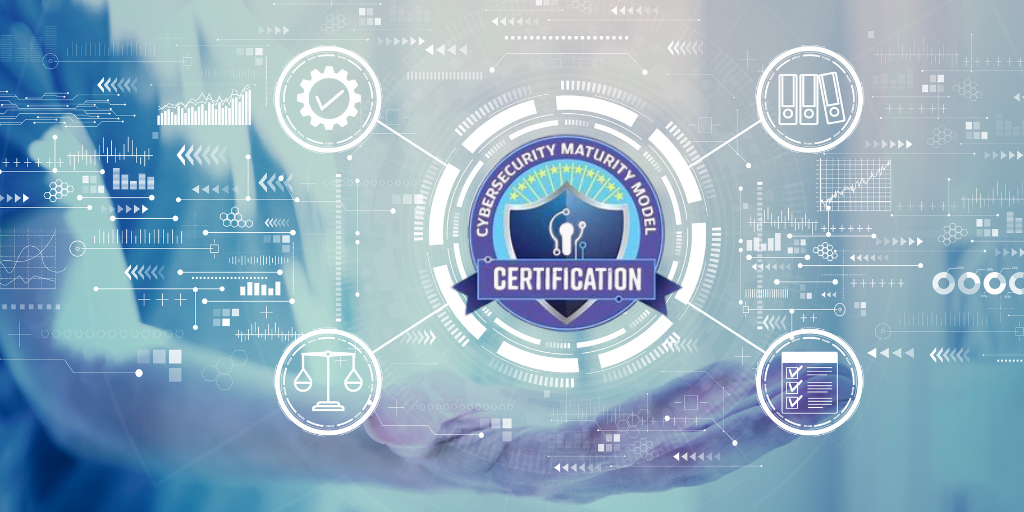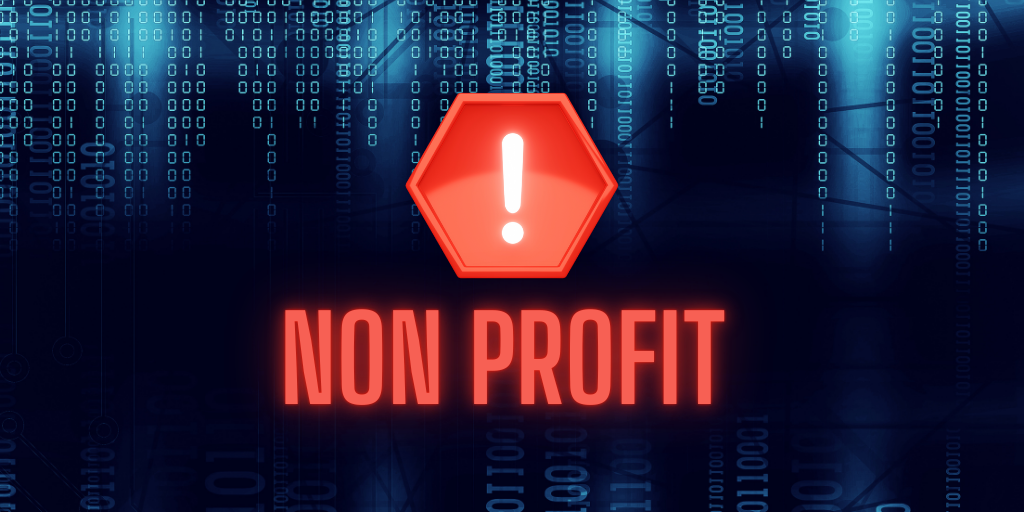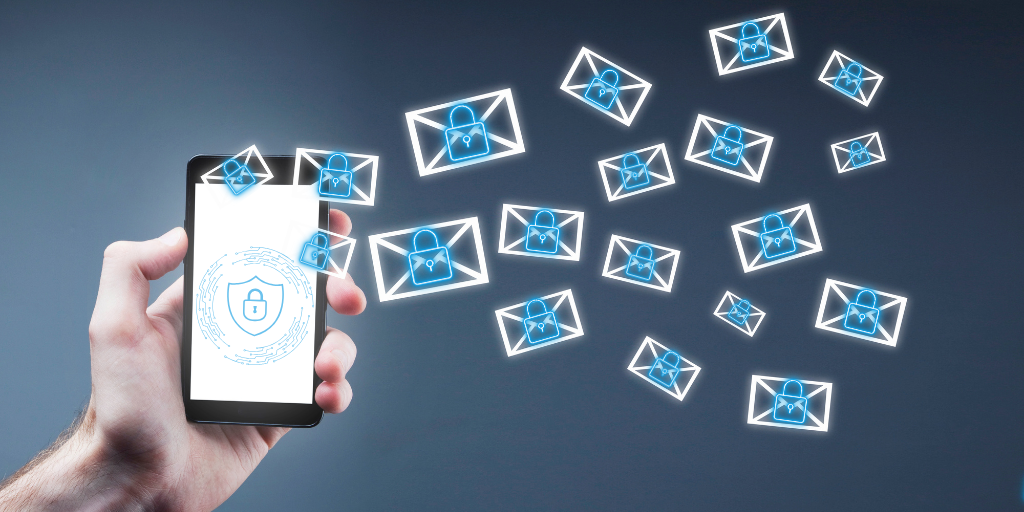After two years of working from the spare bedroom converted office, many of us are hoping for more travel in 2022; business, leisure, both. Of course, as exciting as a good getaway is, it's important to remember that traveling can also make us more vulnerable to cyberattacks.
With that said, here are nine tips to help keep you, your friends, your colleagues, and your family cyber-safe while you travel.
- Create a Backup - Backing up your devices' data to another physical device or the cloud before traveling will keep your data safe in case of a data breach or any unfortunate event where you lose your data or devices on the go.
- Software Updates - Operating systems in your devices all have built-in security systems that get regular updates from the manufacturer. Keeping your apps and operating system updated will give you better security while you travel. Ensure your devices have the latest security patch installed before leaving home for improved cybersecurity.
- Auto and Remote Connectivity - Auto connectivity is a handy feature around the house or workplace, which is why most of our devices have this feature turned on. While traveling, your wireless network and Bluetooth can automatically connect to available networks and devices on the go. This can create problems if you connect to a network or device that is malicious. Turning off your devices' auto and remote connect features while traveling will allow you only to connect when you want to connect.
- Physical Security - Keeping your devices physically secure while in hotel rooms, airports, planes, or any other mode of transport will help prevent unauthorized access, physical theft, and consequent data breaches. A good practice is to never leave your devices unattended in a public space or on any means of transport.
- Locks and Passwords - Using a strong password or PIN is always helpful but keeping your device locked at all times is even more critical, especially while traveling. If you leave your device unlocked for even a minute or two, it can potentially give hackers enough time to breach your device.
- Location Sharing - Immediately updating social media networks with pictures and locations is very common among travelers on vacation. This can sometimes be problematic if a cybercriminal has access to your social media pages. They can track your location and use that information to break into your hotel rooms or even your home and steal valuables while you are away. Always be cautious with what you share on social media, especially when letting people know where you are or even where you're not.
- Public Wireless Networks - Connecting to public hot spots or wireless networks that are available in hotels, planes, cafes, and transportation can be risky, which is why you must always confirm with the staff the exact procedures and networks to connect. Often, hackers use these public networks to gather sensitive data. If you are connected to a public network, make sure only to use "HTTPS" sites and avoid online shopping or accessing any sensitive data to prevent a security breach. If possible, always use your data network connection or make sure to have a VPN.
- Public Computers - More and more public places allow access through public computers. Libraries, internet cafes, hotels, and even some restaurants have publicly available computers for you to use and access the internet. As a traveler, you cannot trust these public devices because they may not be updated with software, security patches, and operating system updates required to secure the device. They may even have malicious viruses or software seeded in by hackers to access traveler data or digital keys and passwords. Hackers can use software like key logger malware to steal your logins, passwords, credit card information, and other sensitive and personal information.
- Skimmer Devices - A skimmer device is used by criminals to copy your credit card information without ever touching or using your credit card. Criminals need only hover a skimmer device over your credit card for a few seconds to copy its data and use it for personal gains. They can even do this by hovering the device over your wallet or pocket that contains your card. An easy way to avoid this is to use an RFID wallet or cardholder that prevents data theft by creating a digital wall between your card and the skimmer device.
The threat of cybercrime is very real, and the probability of that threat increases when we are vulnerable. That is why a good cybersecurity mindset while traveling is a must. Whether traveling for work or vacation, be sure to practice these tips and proceed with caution.



